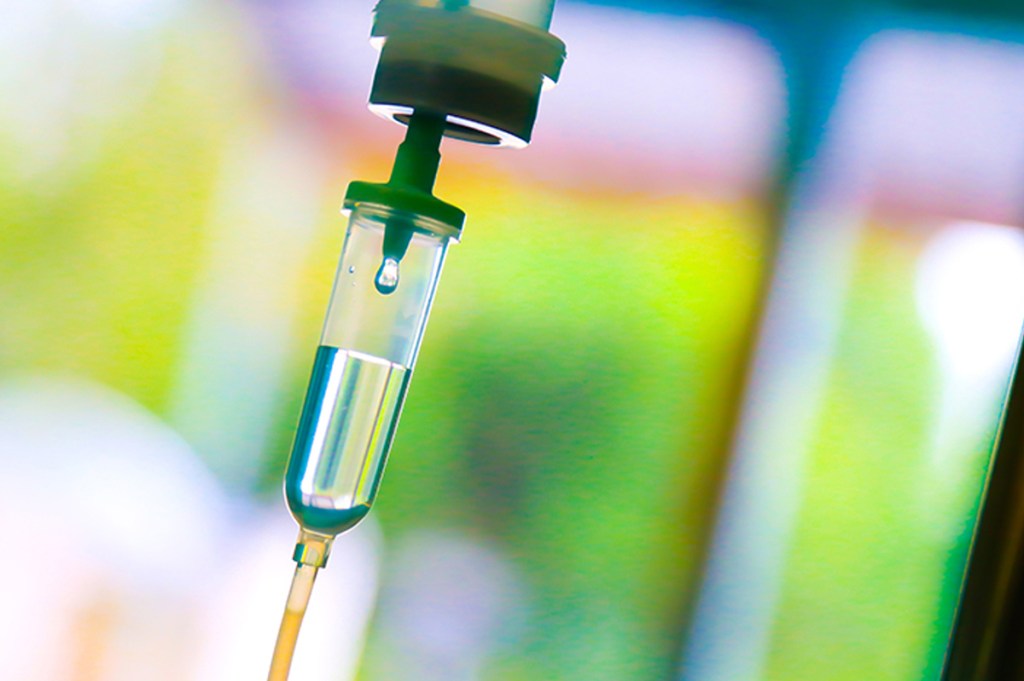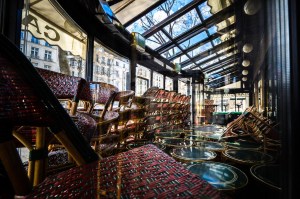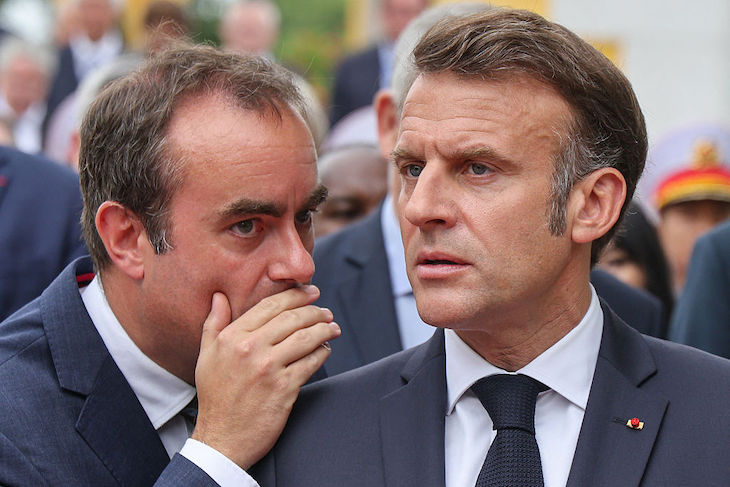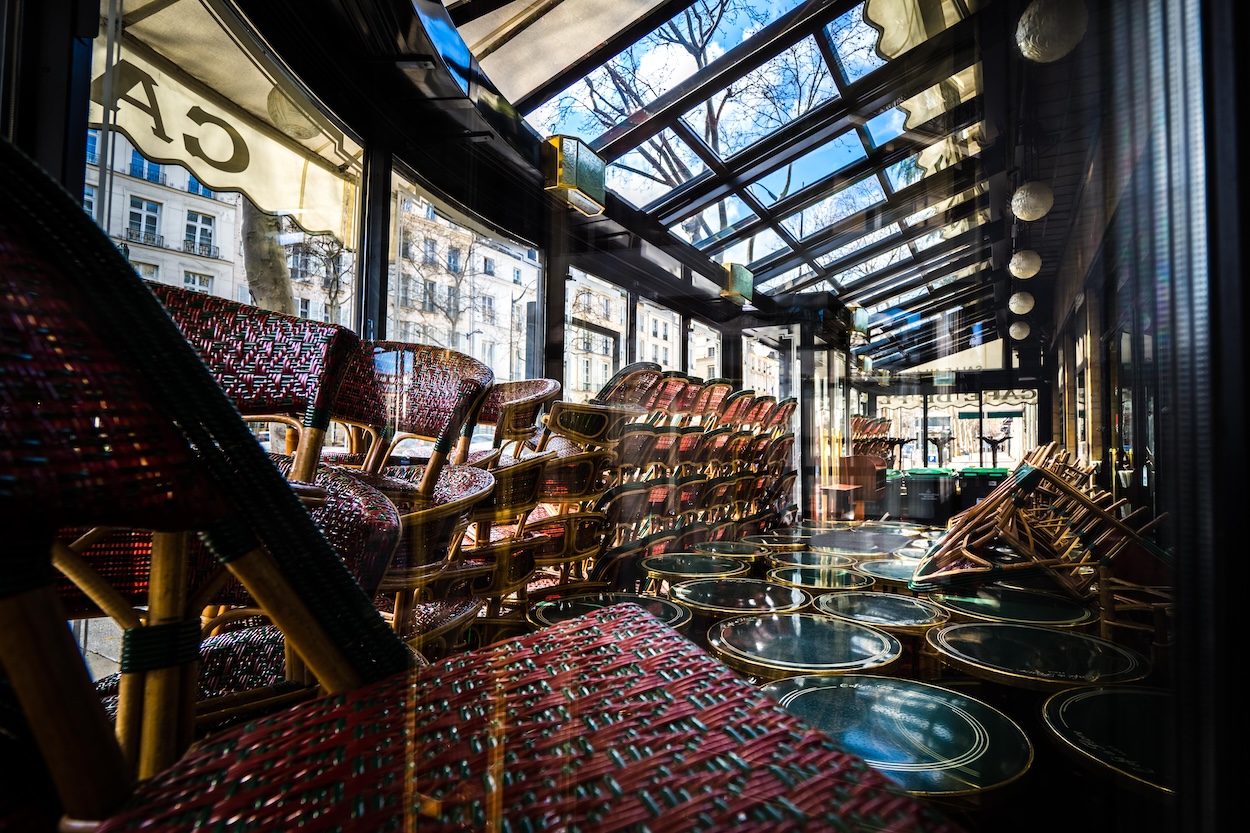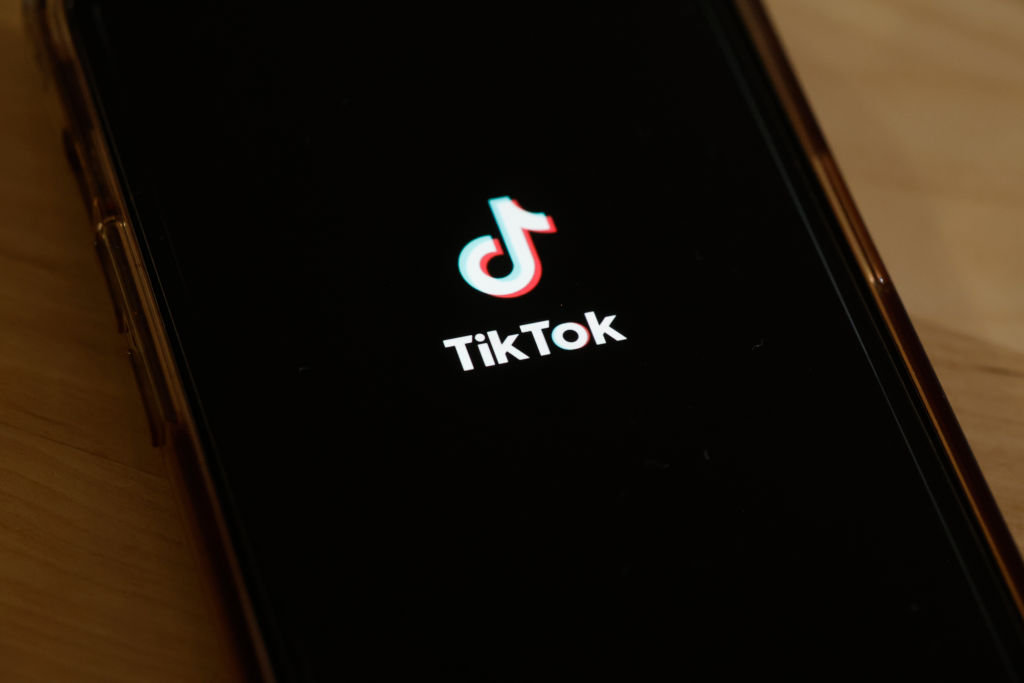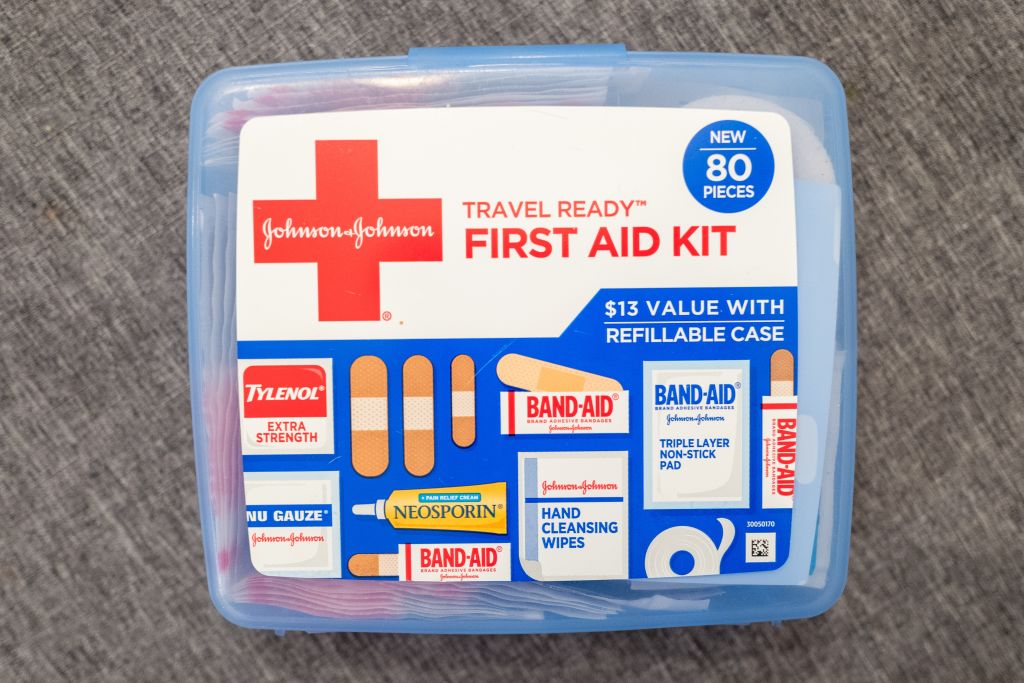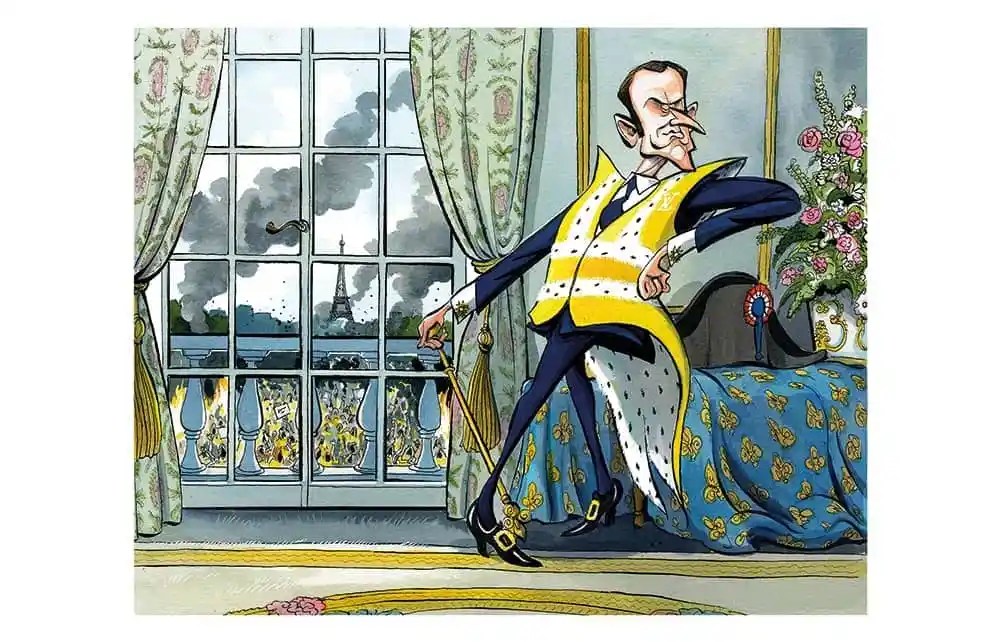With a French health card everything is free for us cancer patients, even taxis to and from the hospital. ‘This is the longest taxi ride I’ve ever taken in my life,’ I said to last week’s driver, Virginie, on the outward leg of our three-hour round trip to the hospital at Marseille. ‘Your poor French state,’ I added. ‘Good for us taxi drivers though,’ she pointed out.
She was around 50 years of age. Her summer frock revealed a powerful upper back. She wanted to talk about her four girls, aged between 13 and 19. The first three had been always obedient and polite, but the youngest was a terror. She’d had more trouble with the 13-year-old than with the other three put together. It’s like being in a war, she said. When I tired of hearing about her youngest, I put on my new noise-canceling headphones for the first time and listened with wonder and attention to the clear-as-daylight sound of blind Ray Charles singing about enjoying sex with this particular woman in spite of the travel involved.
Arriving at the oncology department day ward for my three-weekly dose of chemotherapy, I was shown immediately to a bed next to the window. The window was ineffectively barricaded against the fierceness of the Provençal afternoon sun with grubby improvised sheets of Perspex and frayed duct tape. Three weeks earlier the nursing team had emerged sleepy and morose from lunch at three o’clock in the afternoon. Today, they seemed galvanized — surely by a massive bollocking — and I was prodded, poked and punctured by a quick succession of doctors and nurses with an almost military level of briskness and efficiency.
‘Any problems since the last?’ said a young female doctor. A pair of intelligent green eyes above a surgical mask looked intently down into mine. I said that the steroids had turned me into a glutton and I was getting fat suddenly. ‘Anything else?’ I admitted fatigue.
‘Anything else?’ Not really, I said. She quickly examined me with her stethoscope and made me show her my tongue. Then she went away and a nurse came in and connected me to a tube leading upwards to a suspended bag of jollop.
While she was fiddling with the connections, she said with emotion: ‘I adore your accent. As a child my dream was to marry a man with a strong regional accent who wore glasses.’ ‘And did you?’ I said. ‘No. I married a Burgundian with no regional accent and perfect eyesight.’ I said that I was sorry to hear it. ‘And you? Did you have a childhood dream?’ she said as she opened the little tap. ‘No,’ I said.
Then the doctor returned and made a portentous speech larded with French medical terms. The tone and manner suggested that she was telling me something significant about the progress of my cancer. But she gabbled it and I couldn’t understand a word or even whether it was good news or bad. ‘Look,’ I said. ‘My French is not great. Can you put it in simpler terms and speak more slowly?’ But she was taking no prisoners and rattled off her statement as uncompromisingly as before. ‘Understand?’ she said peevishly. I did not. And I had had quite enough of French conversation for the moment so I gave her my well-honed ambiguous nod. She regarded me skeptically. But she was far too busy to repeat herself a third time, thank the Lord, and she departed.
You learn eventually to sit lightly on the question of how much longer you have to go, and I reached with relief for my book, an anthology of prose and poetry chosen by John Bayley. I can’t read Dickens’s novels; I just can’t. But occasionally I come across an anthologized short comic extract — Bayley’s was taken from David Copperfield, where the boy is made to drink a sherry toast to Brooks of Sheffield — which makes me feel so joyful that I resolve to try one again. After my laughing out loud had subsided, it occurred to me that, although I don’t look forward to these chemotherapy sessions, I do on the whole rather enjoy them.
Afterwards Virginie was waiting outside in the taxi. ‘There’s been a bad motorway accident,’ she said. ‘We’ll have to return by the back roads.’ About halfway along the route of this tediously long diversion, I was surprised when she stopped outside a secondary school to pick up her youngest daughter. The little minx slid in beside me and immediately commenced a diatribe against her mother using wonderfully expressive French hand gestures. The accusations continued without ceasing for the rest of the journey. I restored my noise-canceling headphones, and the blues, and greatly enjoyed the chiaroscuro effect of the orange sunlight on the folds and crevices of the slowly passing Mont Sainte-Victoire.
This article was originally published in The Spectator’s November 2021 World edition.



